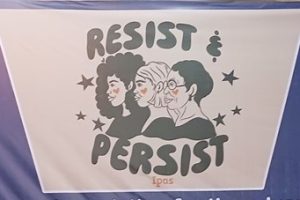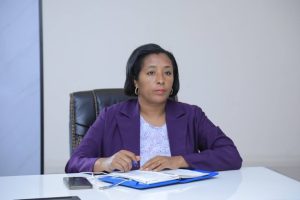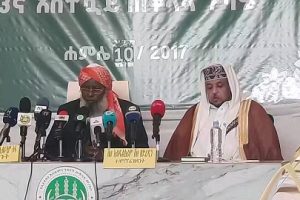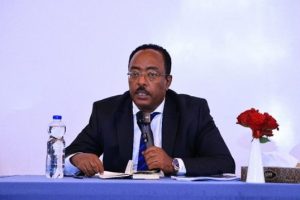
ADDIS ABABA – Rehabilitation efforts are reviving war-affected communities, emphasizing the urgent need for collaboration to foster sustainable peace and peaceful conflict resolution, according to psychologists.
Tigest Waltaniguse, a psychologist who has provided psychosocial support in conflict-affected areas over the past five years, shared with The Ethiopian Herald that significant rehabilitation activities have been initiated following the severe repercussions of the Tigray War. She highlighted that psychological support is crucial for restoring the community’s former status.
“Psychological damage is internal, and communities affected by conflict have been significantly exposed to such trauma. While they have received various forms of support-food, clothing, and medicine-the level of psychological assistance remains low due to a lack of attention and a shortage of experts,” Tigest pointed out that communities in Tigray are exhibiting various symptoms, including revenge, hopelessness, depression, and insomnia.
“These issues must be addressed promptly to mitigate future risks to the nation,” she emphasized.
The expert also mentioned that Trauma-Informed Care has been implemented in post-war areas of Tigray, helping communities regain productivity and stability. Similar initiatives are underway in Amhara and Afar states. Traditional institutions, such as edir and religious organizations, have played a supportive role in the rehabilitation process, fostering connections among community members post-conflict.
“Assessment shows that psychological treatment has led to notable improvements in conflict-affected communities in northern Ethiopia. Groups of 20 individuals have been organized to provide psychosocial support. However, ongoing constructive activities are essential in conflict-ridden areas to ensure sustainable peace, security, and increased productivity,” she stated.
Tigest called on domestic and global development partners, stakeholders, and the government to collaborate toward achieving sustainable peace, paralleling efforts to combat the HIV and COVID-19 pandemics in Ethiopia.

Fasika Amdslasie (MD), a surgeon at Mekele University in Tigray, remarked that the conflict has been doubly devastating, particularly in an economically disadvantaged nation. While some communities have benefited from rehabilitation efforts, many continue to live in trauma due to the war.
He underscored that psychological damage is pervasive among conflict-affected communities. “Psychological experts are few in both Tigray and Ethiopia as a whole. Innovative solutions, such as the short call service 8566 in Tigray, are vital for addressing the needs of affected communities through mobile outreach,” he advised.
BY MESERET BEHAILU
THE ETHIOPIAN HERALD WEDNESDAY 2 OCTOBER 2024





